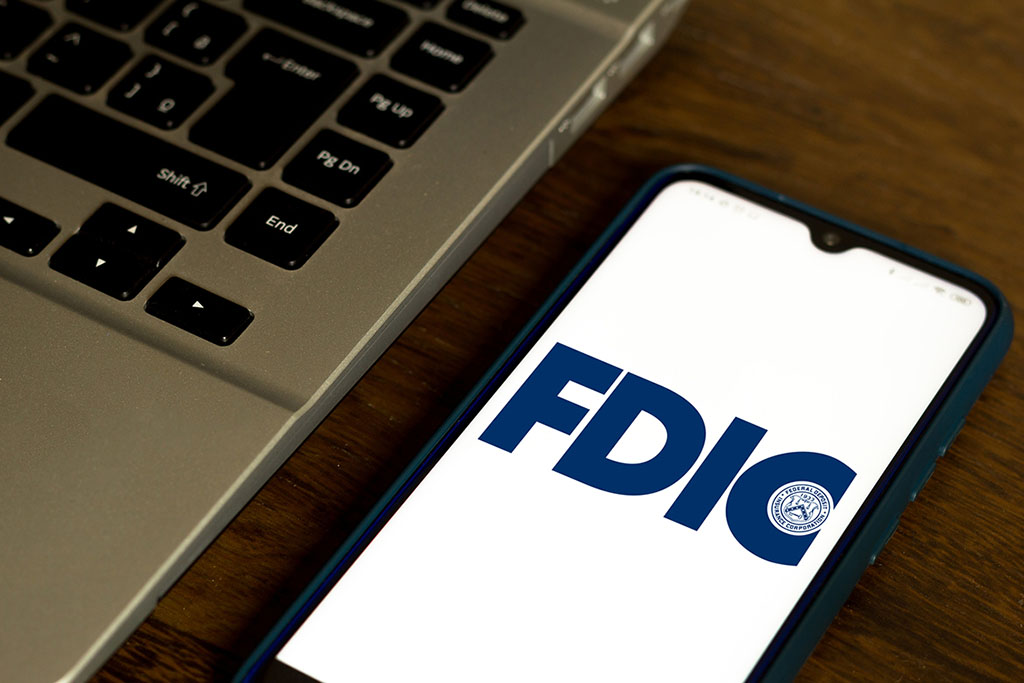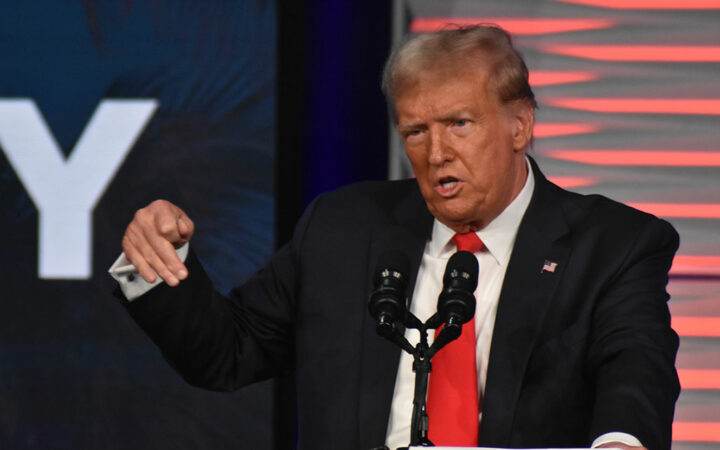
With over 3 years of crypto writing experience, Bena strives to make crypto, blockchain, Web3, and fintech accessible to all. Beyond cryptocurrencies, Bena also enjoys reading books in her spare time.
Senator Lummis warned that any deliberate destruction of evidence or obstruction of Senate oversight by the FDIC would result in immediate criminal referrals to the Department of Justice.
 Edited by Marco T. Lanz
Updated
3 mins read
Edited by Marco T. Lanz
Updated
3 mins read

Senator Cynthia Lummis of Wyoming has issued a stern warning to the Federal Deposit Insurance Corporation (FDIC), alleging misconduct tied to “Operation Choke Point 2.0” (OCP 2.0). The senator claims FDIC staff may be involved in destroying critical documents linked to the operation, which reportedly aims to deny banking access to crypto businesses.
In a letter on January 16, Lummis addressed FDIC Chair Marty Gruenberg, urging an immediate halt to any tampering with relevant materials. She stated unequivocally that criminal referrals to the Department of Justice would follow if staff were found obstructing Senate oversight or destroying evidence. Gruenberg, notably, has announced his resignation, adding another layer of urgency to the situation.
Whistleblowers within the FDIC have revealed disturbing allegations, including deliberate withholding of information from policymakers and threats against employees attempting to share materials with the Senate. Lummis stressed:
“This is illegal and unacceptable. You are directed to ensure your staff cease and desist destruction of all materials and end all retaliatory actions immediately.”
The controversy around OCP 2.0 has sparked legal challenges from major crypto players. Coinbase, one of the leading crypto exchange, filed a lawsuit against the FDIC, demanding access to critical documents such as the so-called “pause letter.” This document allegedly instructed financial institutions to sever ties with crypto businesses.
Despite a judge ordering the FDIC to provide the requested files, Coinbase reported that much of the information was heavily redacted. A second court order further criticized the FDIC for acting in bad faith, requiring full disclosure. Paul Grewal, Coinbase’s Chief Legal Officer, described recent document releases as indicative of a cover-up, with new revelations emerging only after intense judicial scrutiny.
Lummis’ directive focuses on protecting records dating back to January 2022. These include materials related to the FDIC’s supervision of digital assets, enforcement actions, and inter-agency communications. Documents containing terms such as “crypto” or “digital asset” must be preserved, stressing the operation’s significant scope.
Additionally, the FDIC’s role in the closures of Signature Bank and Silvergate Bank has drawn attention, further fueling speculation about the agency’s actions under OCP 2.0. Lummis has demanded an immediate end to any retaliatory measures against whistleblowers, showing the Senate’s commitment to transparency.
Senator Lummis did not mince words, making clear that any deliberate destruction of evidence or obstruction of oversight would result in swift legal consequences. She wrote:
“If it is uncovered that you or your staff have knowingly destroyed materials or sought to obstruct the oversight functions of the Senate, it will result in swift criminal referrals to the US Department of Justice.”
With multiple agencies and stakeholders involved, OCP 2.0 has become a flashpoint in the ongoing clash between regulators and the burgeoning cryptocurrency industry. The allegations of document destruction and legal threats against whistleblowers add to the growing tensions surrounding the FDIC’s handling of the matter.
Disclaimer: Coinspeaker is committed to providing unbiased and transparent reporting. This article aims to deliver accurate and timely information but should not be taken as financial or investment advice. Since market conditions can change rapidly, we encourage you to verify information on your own and consult with a professional before making any decisions based on this content.

With over 3 years of crypto writing experience, Bena strives to make crypto, blockchain, Web3, and fintech accessible to all. Beyond cryptocurrencies, Bena also enjoys reading books in her spare time.





